Northern Ireland A-level results - the next step
- Published
Tens of thousands of students in Northern Ireland are receiving their A-level results on Thursday.
Whether the next step is university, the world of work or taking more time to figure out your plans, there are many options available.
How do you find out what grades you've got?
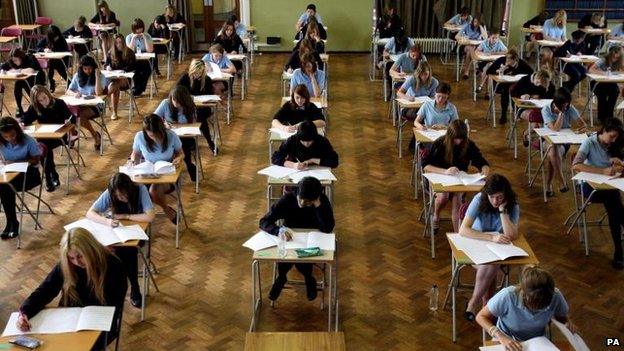
Students receive their A-level and AS-level results from their school or college.
Most are able to get their results online with a secure log-in, if their school has signed up to the service.
Northern Ireland examinations body Council for the Curriculum Examinations and Assessment (CCEA) is operating a helpline on 028 9026 1260 to provide advice and guidance.
Its website, external also has advice on grading and how to apply for papers to be re-marked.

What if I don't get the results I was expecting?
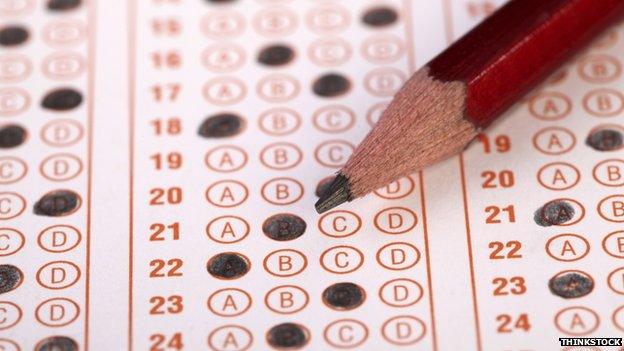
Plenty of options are available, so try not to panic. If you do not have the grades for your first-choice university or course, you may get offered a place with your second option.
If you still want to go to university, you can try to get a place through Clearing, external, but most places go within a few days and you will need to act decisively and fast.
Clearing is a system offered by the university admissions service, Ucas, that finds suitable vacancies on degree courses. If you are flexible and have reasonably good exam results, there is a good chance of finding a course.
You can approach as many universities as you wish during Clearing, so do not feel that you have to accept the first offer.
Repeating one or more subjects to apply again next year is also an option, although you should check with the university about receiving an offer as a repeat candidate, as entry requirements may be different.

University is not for me - what training options are available?
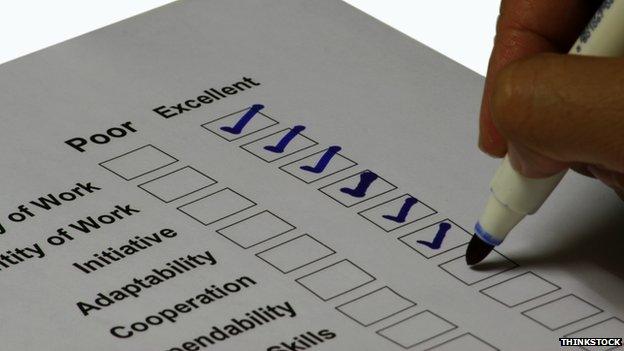
Going straight into the world of work is another option, and schemes that provide on-the-job training are available.
One of these is Apprenticeships NI, external, which offers experience in a wide range of careers to 16 year olds and over, providing recognised training and qualifications.

What if I don't know yet what I want to do?
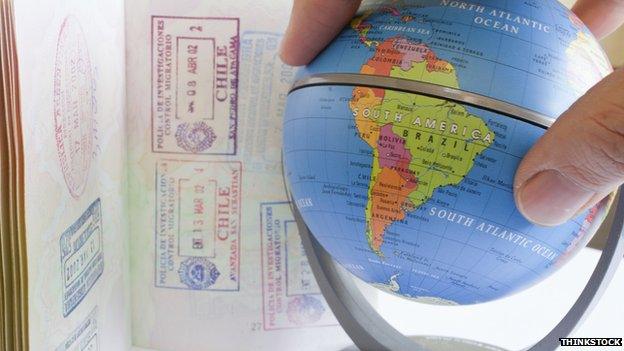
Taking a gap year is another option. Many young people go for work experience placements abroad, doing things like teaching English as a foreign language, bar work or internships.
Other activities include volunteering in developing countries or going on adventure tours.
In Northern Ireland, there are many different organisations you can opt to volunteer with - including the European Voluntary Service Programme through the new Erasmus+ programme.
Through the scheme all fares and expenses are paid and it can last anywhere from two to 12 months, and is not limited to just working in Europe.
The scheme, external is open to people aged 17-30 who are part of a volunteer organisation, and the organisation will need to apply on your behalf.
- Published4 July 2014
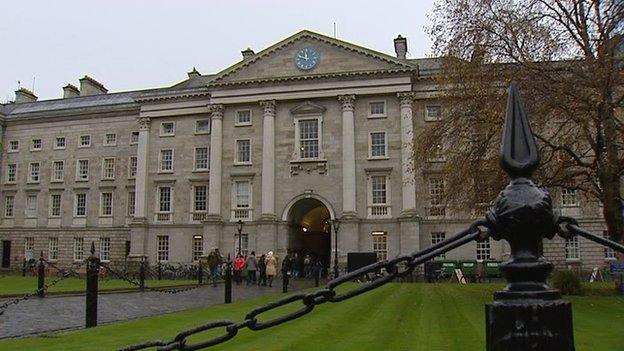
- Published25 June 2014

- Published22 October 2013
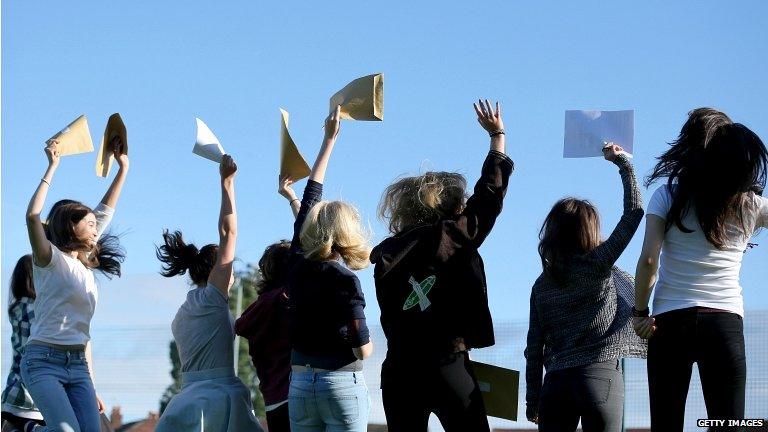
- Published30 September 2013
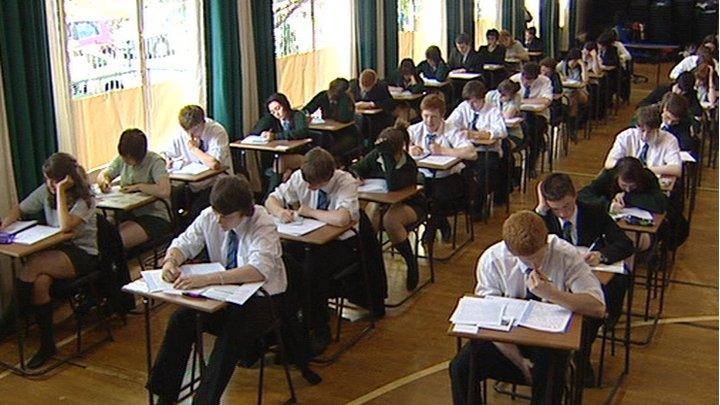
- Published22 August 2013

- Published15 August 2013
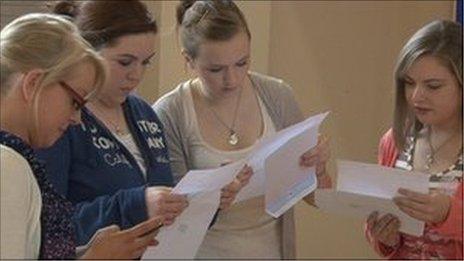
- Published15 August 2013
